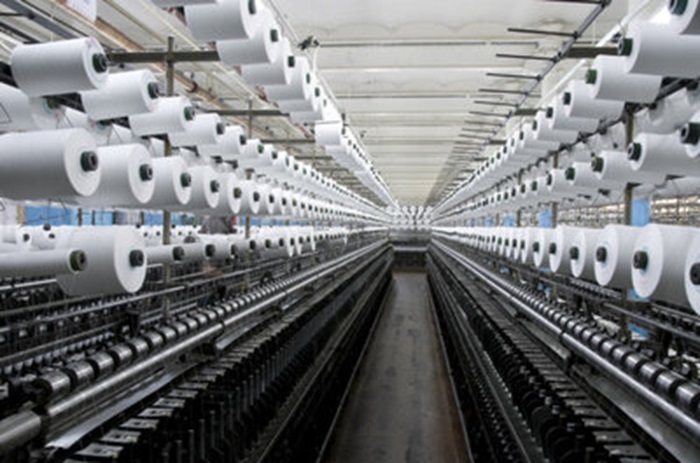Kyrgyzstan's textile industry faces crisis
With its 200,000 workers it is an important component of the local industry, but it can no longer compete on international markets. The collapse of the rouble is weighing on it, but also the higher labour costs compared to Bangladesh or Vietnam, which requires a qualitative leap in the promotion of its products.
Bishkek (AsiaNews) - The president of the Fashion and Textile Association in Kyrgyzstan, Zafarbek Sulaymanov, spoke in the press in recent days to complain about the unfavorable conditions of operators in the sector, which is experiencing a period of severe crisis.
This is a very important reality in the Kyrgyz industry, with over 200 thousand operators, which is unable to be competitive on international markets, ceding many positions to neighboring Uzbekistan.
One of the causes indicated by Sulaymanov in an interview with Azattyk is the collapse of the ruble, the Russian currency that conditions textile operations, which until two years ago made trade very profitable.
Many necessary materials are purchased in dollars, salaries are paid in Kyrgyz som and sales are made in rubles, which today become an ephemeral terminal of the entire operation. At first the ruble had fallen very low, destroying the plans of the fashion industry and even those of traders in the bazaars.
Kyrgyz entrepreneurs did not lose heart and reacted promptly, trying to convert all turnover into Kyrgyz som, starting from costs set in dollars. However, other problems have accumulated with production volumes, especially in comparison with Uzbekistan, where the knitwear sector is traditionally stronger than Kyrgyz textiles.
A considerable part of the customers moved to China, where the pandemic period lasted longer, and as Sulaymanov explains "immediately afterwards they resumed activities by accepting greater compromises and distributing large subsidies".
Last year, the Bishkek government proposed that entrepreneurs in the sector switch to a different commercial approach, uniting the major groups in clusters and attracting the best-known brands on a global level.
In fact, a joint Kyrgyz-Uzbek activity was started in one of the most interested centers in Kara-Balte, and later also in Džalal-Abad, supported by the common development funds of the two countries, with a prevalence of the Uzbek part.
The president, however, believes that those of the invitation to Kyrgyzstan by Zara or H&M are "imaginative thoughts", which reason on other parameters: "I myself invited a large company to work for us: they commissioned me for a million sports t-shirts at 1 dollar each, but under these conditions it is impossible for us to work, and if they went to Bangladesh".
Kyrgyz textiles are not designed for mass and low-level markets, where it is not possible to compete with other countries with lower labor costs and wages.
Furthermore, Kyrgyzstan is forced to import cotton, not having sufficient basic production, and has high labor costs, with salaries ranging from 400 to 800 dollars a month, compared to 150-200 in Bangladesh or Vietnam, or even Uzbekistan itself. According to Sulaymanov "it is necessary to focus on other market segments, the economy-plus ones where not millions of t-shirts can be placed, but hundreds of thousands of good products".
The Kyrgyz work textiles essentially under contract, "or rather in sub-subcontracting"; a leap in quality would be needed, imitating countries like Turkey and China with its own production "made in Kyrgyzstan", explains the entrepreneur, saying that in recent times Kyrgyz textile operators have sought connections in London and Milan.
“Our English and Italian colleagues were surprised by the fact that we work with the same techniques and the same machinery, but we don't have our own international brand”; a complete redevelopment of the sector is needed to gain authority in the markets.
Global competition in the textile industry is very strong, and to resist, many Kyrgyz entrepreneurs have begun to bring in cheap workers from other countries, from Pakistan or from Bangladesh itself, leaving many locals without work.
“We need greater commitment and discipline”, concludes Sulaymanov, “our sector has developed in a chaotic way and looking at the interests of the individual company”, while today's Kyrgyzstan is called to make a leap in quality to become a more modern and efficient country , starting from the crucial sectors of its economy.
09/07/2007







.png)










